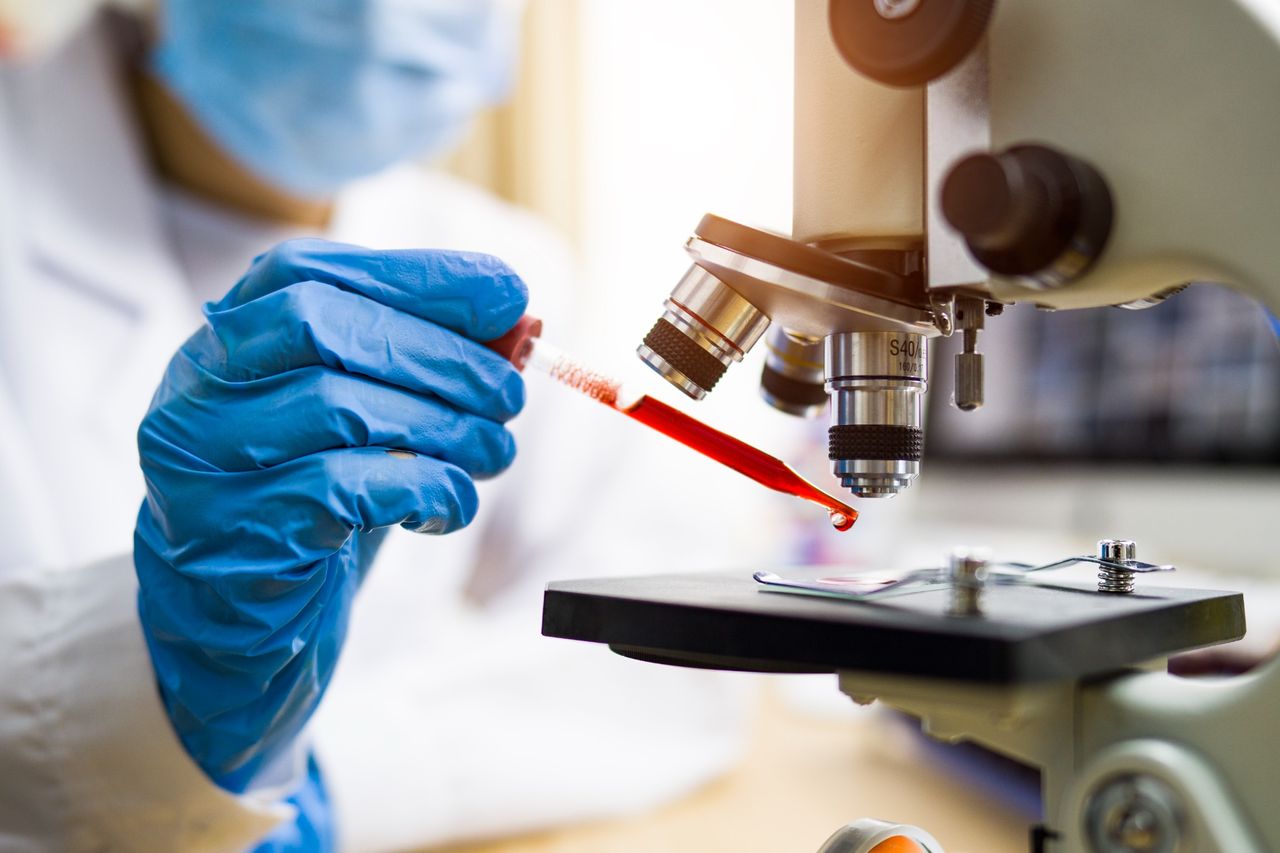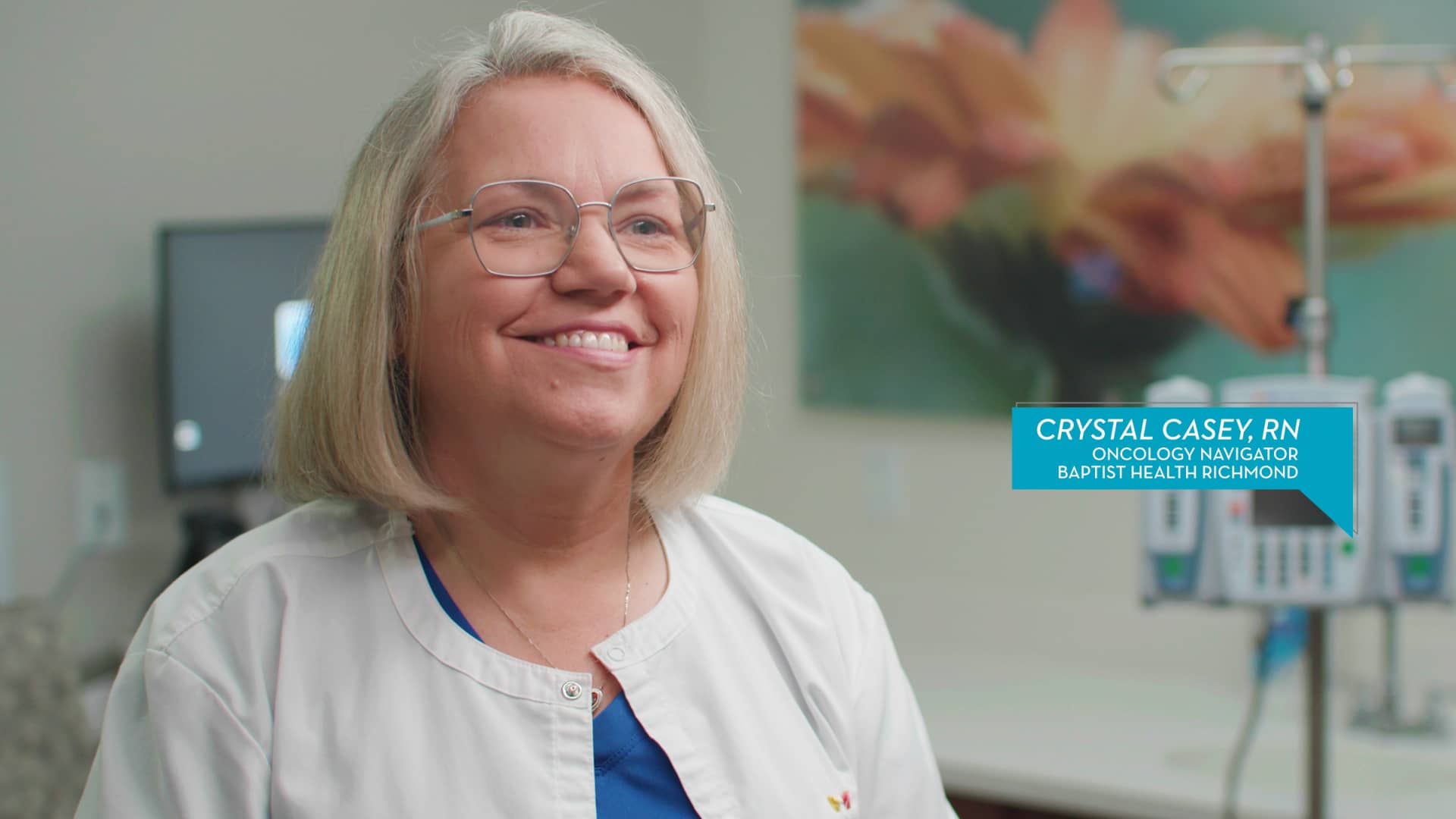Is Cancer Genetic?

People considering what causes cancer may wonder if the disease is “in our genes.” Cancer occurs due to damage to the genes, so in that sense, it’s a genetic condition. However, what people want to know in most cases is whether you can inherit a higher risk of a particular type of cancer.
This article answers that question, explaining that while some cancers are due to an inherited gene mutation, the majority are not. Read on to learn more about this critical topic.
Genes and Cancer
Genes contain instructions that tell cells how to grow, divide and die. When a gene is functioning as it should, these actions happen predictably. However, genes can mutate or change in ways that damage those instructions. This disruption sometimes causes cells to divide and grow uncontrollably, forming a tumor.
Genetic mutations fall into two broad categories:
Acquired (or Somatic) Mutations
These are the most common types of gene changes linked to cancer. They can occur due to various factors throughout our lifetime, including aging, exposure to environmental factors like UV radiation or tobacco smoke, viruses and lifestyle choices such as diet and exercise. Acquired mutations are only present in specific cells and aren’t passed down to future generations.
Inherited (or Germline) Mutations
These mutations are present in the egg or sperm cell when a baby is conceived and consequently in all of the body's cells throughout a person’s life. Inherited mutations are less common than acquired mutations, but they can significantly increase a person's risk of developing certain types of cancer.
When a mutation that significantly increases cancer risk runs in the family (like mutations to the BRCA1 and BRCA2 genes that increase breast cancer risk), it’s sometimes referred to by terms like family cancer syndrome, inherited cancer syndrome or genetic cancer syndrome. In addition to breast cancer, others that tend to be linked to inherited mutations include ovarian, colorectal, uterine, prostate, pancreatic, melanoma, thyroid and kidney cancer.
How Common Are Inherited Gene Mutations That Increase Cancer Risk?
A small percentage of cancer cases are hereditary, meaning they’re caused by an inherited gene mutation rather than an acquired mutation. Cancers might be considered hereditary if family members in more than one generation have had the same type or if family members have developed cancer when they were under age 50 or younger than is typical of the kind of cancer.
It's important to understand that inheriting a gene mutation associated with a particular cancer doesn't guarantee you’ll develop the disease. Instead, it means you have a higher likelihood of being affected by that type of cancer compared to the general population. Often, the combination of genetic predisposition and environmental factors is suspected of causing a person’s cancer.
Genetic Testing
Genetic testing is available for gene mutations associated with some types of cancers. However, it’s crucial to talk with a genetic counselor before being tested. Some people realize in that conversation that they’d prefer not to know if they have a higher cancer risk since that knowledge may be more stressful than helpful.
Talk With Your Baptist Health Provider About Cancer and Genetics
Understanding your risk of inherited cancers and cancer generally empowers you to take actions like starting cancer screenings earlier or having risk-reducing surgeries. It also gives you information you can share with family members if appropriate.
If you have questions about genetics and your cancer risk, talk with your healthcare provider. They can answer them and help you decide what actions to take, if any, to help reduce your cancer risk. You can find a Baptist Health Provider in our online directory if you don’t have one.
Next Steps and Helpful Resources
Learn More About Cancer Care at Baptist Health
Can Vitamin B12 Deficiency Be a Sign of Cancer?
Does Sugar Feed Cancer?
When to Start Getting Prostate Cancer Screenings?



